Passover is almost upon us. In several days, the Jewish people will celebrate their freedom from bondage to Pharaoh that ended some 3,335 years ago with the Exodus.
Every year I recount the epic story on Seder night, and every year I’m disturbed by the same simple question.
Why did the Jews need to leave Egypt? What would be lacking if the humbled Pharaoh had set them free to serve God as they wished in an Autonomous Region of Goshen? (Goshen was the area of Egypt where Jacob’s descendants settled and multiplied into the Jewish nation.)
Over the years I’ve considered many possible answers. But only recently I learned that Nachmanides (1194-1270) implicitly addressed the question in his classic commentary on the Penteteuch (Exodus 3:8).
Nachmanides derived from a careful reading of God’s conversation with Moses at the burning bush that the Exodus wasn’t about liberation from Pharaoh – “it would have been possible to save them in Goshen itself or close by” – but to conquer and settle the land of Israel. The Jews needed to leave Egypt to return to the land of their forefathers.
That’s a good, simple answer. It also fits well with the larger narrative of the Pentateuch. Beginning from God’s first directive to Abraham – “Go to the land that I will show you” – all the way through Moses’ passing at the edge of Canaan, an overarching theme of the Torah is the Jewish people’s destiny to settle in their homeland, Israel. The Exodus was a formative chapter in the process; when the Jews were born into an independent nation, they set out for their country.1
Yet I’m still not satisfied. The Torah is a guide for life, not a geography textbook. If Israel isn’t inside or adjacent to Egypt, but an entire desert away, there’s a reason for that. We needed to leave Egypt to get to Israel, but what are we to learn from Israel being so far away?
In fact, as things played out, the arduous desert trek to Israel was no trivial manner. Large swaths of the Pentateuch tell of the troubles both encountered and provoked by the Jewish people while en route: thirst, hunger, fear of Canaan’s mighty warriors, and plain old complaining. When the spies told of the toughness of the land and its inhabitants, the nascent Israelites cried in fear to return to the safety of Egypt, and were sentenced by God to wander the desert for forty years.2
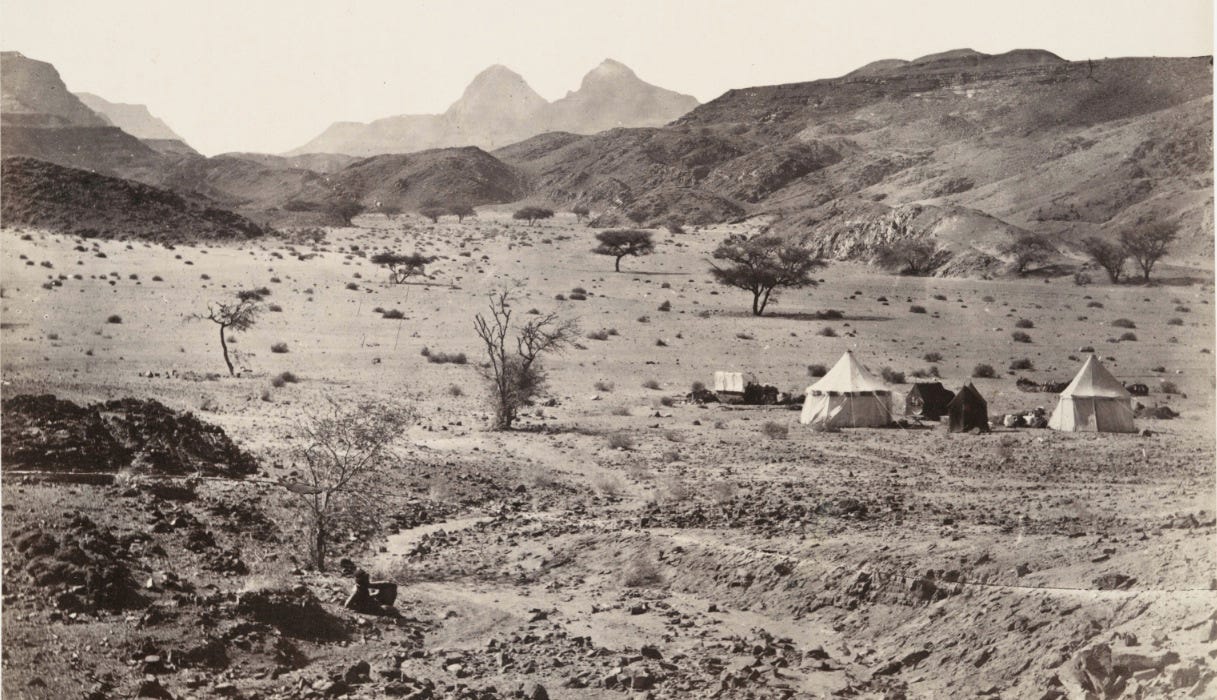
When all was said and done, the generation of Jews that left Egypt never made it to Israel, banging a dent in the Exodus’s completion that reverberates until today.
But what was the point of all this trouble? Couldn’t God have placed Israel on the other side of the Sinai desert? For the Creator of the universe, moving a small country a few hundred miles down the road is no big deal. Passover would have been an Exodus-less holiday of freedom, the Pentateuch around 20% shorter, but everything else basically the same.
Just the other day, while on a little hike in the Jerusalem hills (more on that next week), I was pondering - yet again - this question when it suddenly dawned on me that an old story might help unravel the enigma.3
Many years ago, somewhere in the desert sands of Arabia, there lived a slave together with his master. One day, the master turned to the slave and said:
You have three choices. If you stay here, you will forever remain a slave. If you go on the Hadj to Mecca and walk around the Kaaba, I will make you a king. If you set out on the journey, but don’t reach Mecca, I will let you free, but as a regular person, not a king.
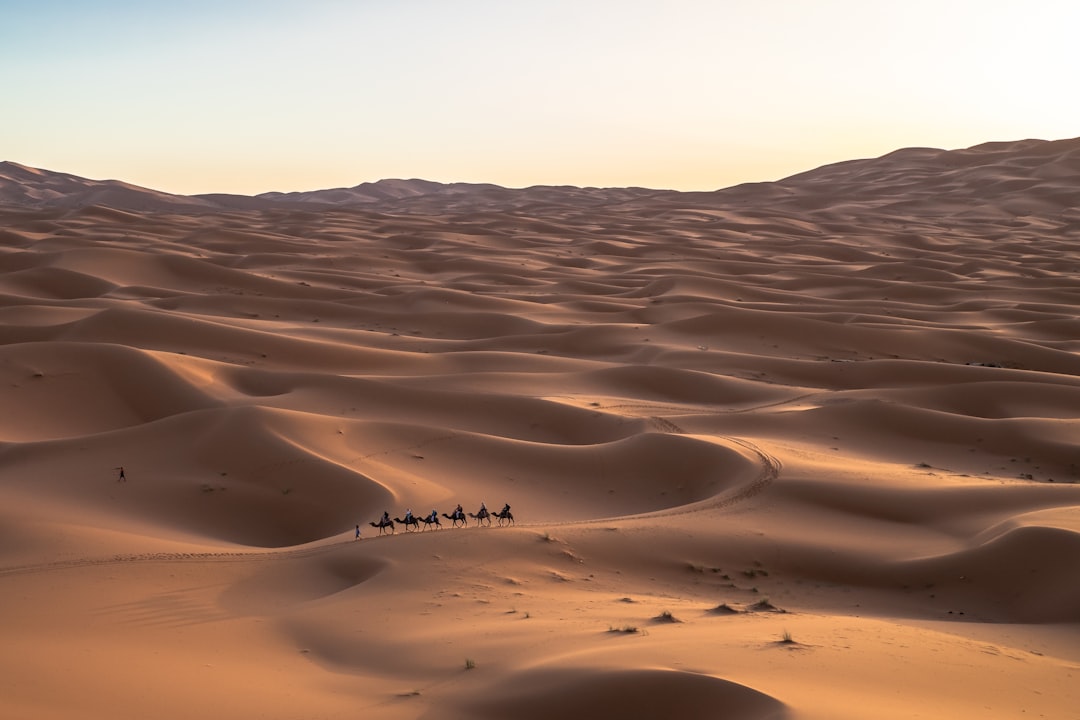
The slave’s path to royalty has three phases.
The final stage is circling the Kaaba, which will crown him a king.
Before becoming a king, he must endure a hard desert journey.
To survive the trip, he must prepare well. So he’ll secure the best camel available, and gather as much food and water as possible. Even before that, he’ll spin string to sew a leather flask to hold the water that he’ll drink while traveling to Mecca.
Even while spinning string, the slave’s objective is always the monarchy. Even the freedom he obtains by beginning the journey is only the first step toward his goal. And yet by walking out the door for the purpose of reaching royalty, he has already become a free man. But he may never take that single step. He might spend the rest of his days spinning string in slavery, dreaming for the day when he’ll be prepared for the journey to royalty.
We might call the string-spinner a coward or a fool. But if we take a closer look at the fable’s message, we might be able to identify with his folly.
At first glance, receiving freedom seems to be the spontaneous release from bondage; the erstwhile slave receives a new status, but otherwise remains the same person.
For this sort of freedom, the Jewish people could have stayed in Egypt. And on the personal level, whatever emotions, habits, or dependencies enslave me would simply disappear; life would continue the same as before but with less anger, lust, laziness, fear, selfishness, and all the rest.
Yet that’s not how freedom really works. Until he sets out on the difficult journey to royalty, our Arabian slave remains spinning string in captivity, freedom and kingdom both fantasies. Similarly, no matter how many plagues the Egyptians suffered, their vast might – they were the superpower of the ancient world, materially, culturally and spiritually – would have returned the Jewish people to servitude, because they never really left. And whatever enslaves me to unhealthy habits and attitudes will bring me right back where I started, because I never really changed.
Freedom doesn’t come from flipping a switch.
Real freedom begins with a paradigm shift: setting the goal of becoming a different person – of becoming a king, if not over a country, then over oneself. The slave must seek to inhabit a different place, literally or metaphorically.
Yet freedom doesn’t wait until the coronation ceremony. By taking one humble step in the direction of royalty, the slave has earned his freedom. He’s no longer stuck in captivity, but freely walking toward wholeness. However, that single action can be terribly hard; afraid of the journey’s challenges, he might spend the rest of his life making sure that he’s totally prepared.

God too wanted to transform Egyptian slaves to Jewish kings, and real transformation doesn’t happen overnight. Therefore, Israel and royalty must lie a desert away from Egypt and slavery to enable the Jewish nation’s winding, gradual process of growing toward wholeness.
What did happen on the day of Exodus? The Jews picked up and left Egypt. With faith and fortitude, they dropped everything and walked right out of Goshen into the barren desert, trusting in God to eventually deliver them to their kingdom.
Not only didn’t they spend years spinning string, they didn’t even wait for their bread to rise. On that date, the fifteenth of Nissan, Jews all over the world continue to find freedom by eating unleavened matzoh, experiencing again the resolute rush to freedom laden inside every first step toward royalty.
Unfortunately, the Jews who left Egypt never made it to Israel. That generation gap heralded future fissures in the Jewish kingdom, resulting in the exile that we remain in today.4
Yet we still live by the freedom that our ancestors found by walking after God into the desert. Because whenever I’m stuck in a rut or have drifted off-course, I know that the way out isn’t by willing myself to act, feel, or think differently, because whatever in me was holding me back will inevitably come knocking. Instead, my objective must be to grow from slave to king. But this awareness alone won’t free me; I need to take concrete action, purposefully moving in a new direction. Once I’ve taken the first step to royalty - which is often asking for help - I’ve chosen and acquired freedom.
There is no path to freedom. The path is freedom.
I might not know the route to my personal kingdom. I might be afraid that I’ll fall on the way. Perhaps I will. I might not even make it to the end. But none of that matters. The Jewish people knew nothing of Israel except God’s report that it’s “the land of milk and honey,” and, as we saw, the Jews that left never found the Promised Land. Yet they still found freedom in leaving, and so can I.
One Suggestion: In what area of your life would you like to act, feel, or think different? Might that require you to become a different person, even if only a little? Picture in your mind what that other, more royal, person looks like. Then take action – anything, no matter how small – to become that person. You’ve just tasted freedom.
After reading Nachmanides, I started noticing his approach popping up everywhere. It’s even pretty much an explicit verse in Deuteronomy (6:23), “He took us out from there [Egypt] in order to bring us up and give us the land that He swore to our forefathers.” After rereading Genesis 15, I’d even go further and flip the narrative over: not only was the purpose of the Exodus to go to Israel, but the exile of Jacob’s family from Israel to Egypt to begin with was to enable Abraham’s descendants to return there four generations later.
Nachmanides explains the burning bush conversation around this motif. Moses legitimately worried about the Exodus’s consequences, and God responded with a sign that eventually the newly forged nation will reach Israel: the Sinaic Revelation. In giving the Torah at Sinai, God forged a relationship of love with the Jewish people that will never be severed by temporary by lapses of trust.
I learned this fable in a very important but not very famous book of Jewish philosophy written by Rabbi Abraham ibn Daud (c.1110- c.1180) a prominent Andalusian scholar who lived in the generation before Maimonides, almost nine centuries ago. He apparently saw it in the writings of al-Ghazali (1058-1111).
Ibn Daud (and al-Ghazali?) interpreted the story as an allegory referring to stages of every person’s journey toward wholeness. His description is extremely important to understanding The Healthy Jew’s purview, and I hope to present it in the future. For today, however, I’m pondering the parable itself. Maimonides gave me permission to do this when he wrote (in his introduction to The Guide For the Perplexed) that many of the prophets’ allegories can be correctly understood on two levels: the simple lesson of the story, and the deep interpretations reserved for wise men. He likens this to a golden apple that’s covered with silver mesh lining: the lining itself is beautiful to behold, and upon closer scrutiny it’s revealed to also be the vessel that holds the golden apple.
Although lots of Jews (including me) live in Israel, which is awesome, and perhaps even the beginning of the ingathering of exiles (depending on which rabbi you ask), we still, as a nation, very much remain in diaspora. Therefore, nothing I write here directly refers to modern political Zionism or the State of Israel.



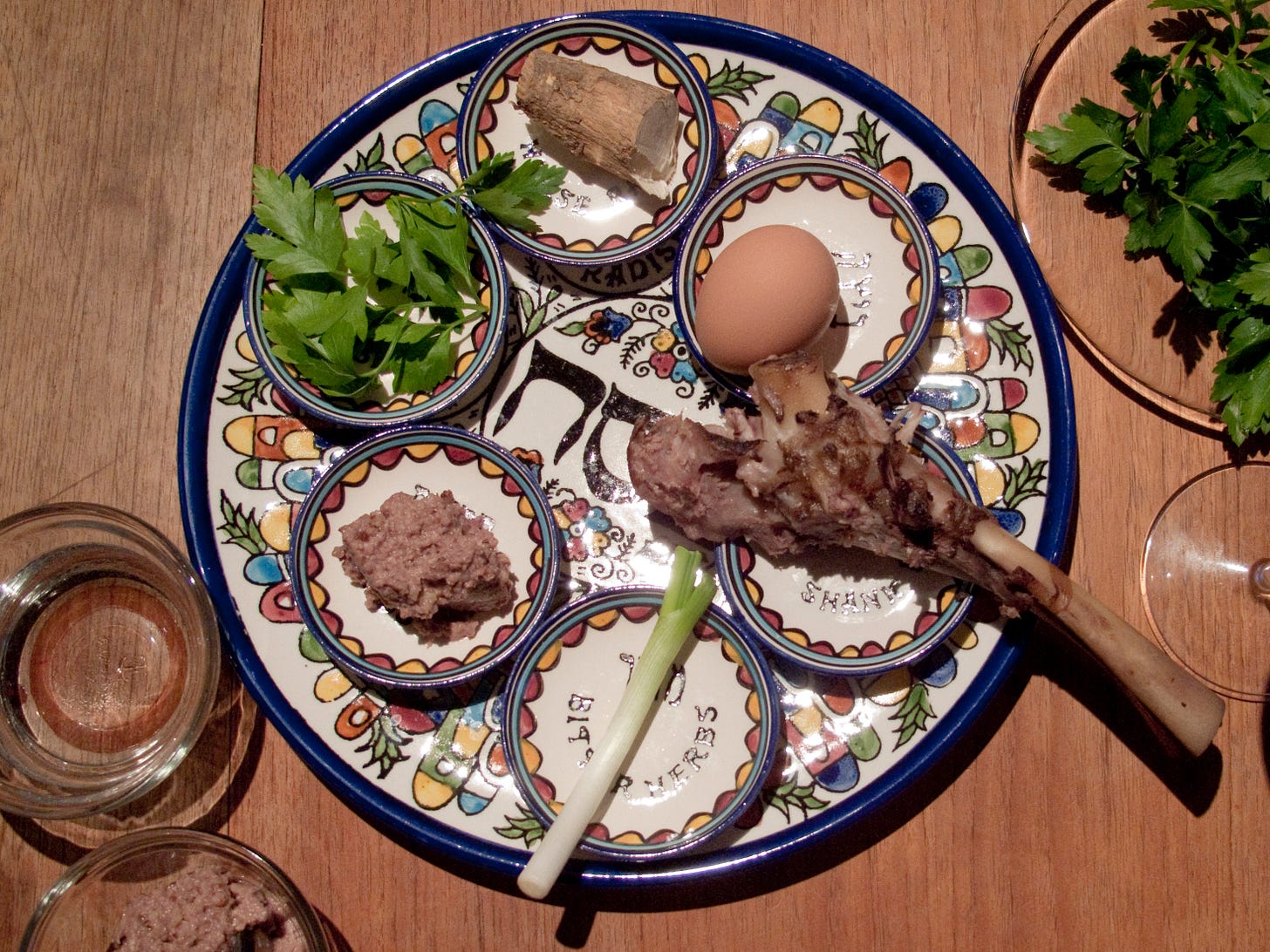
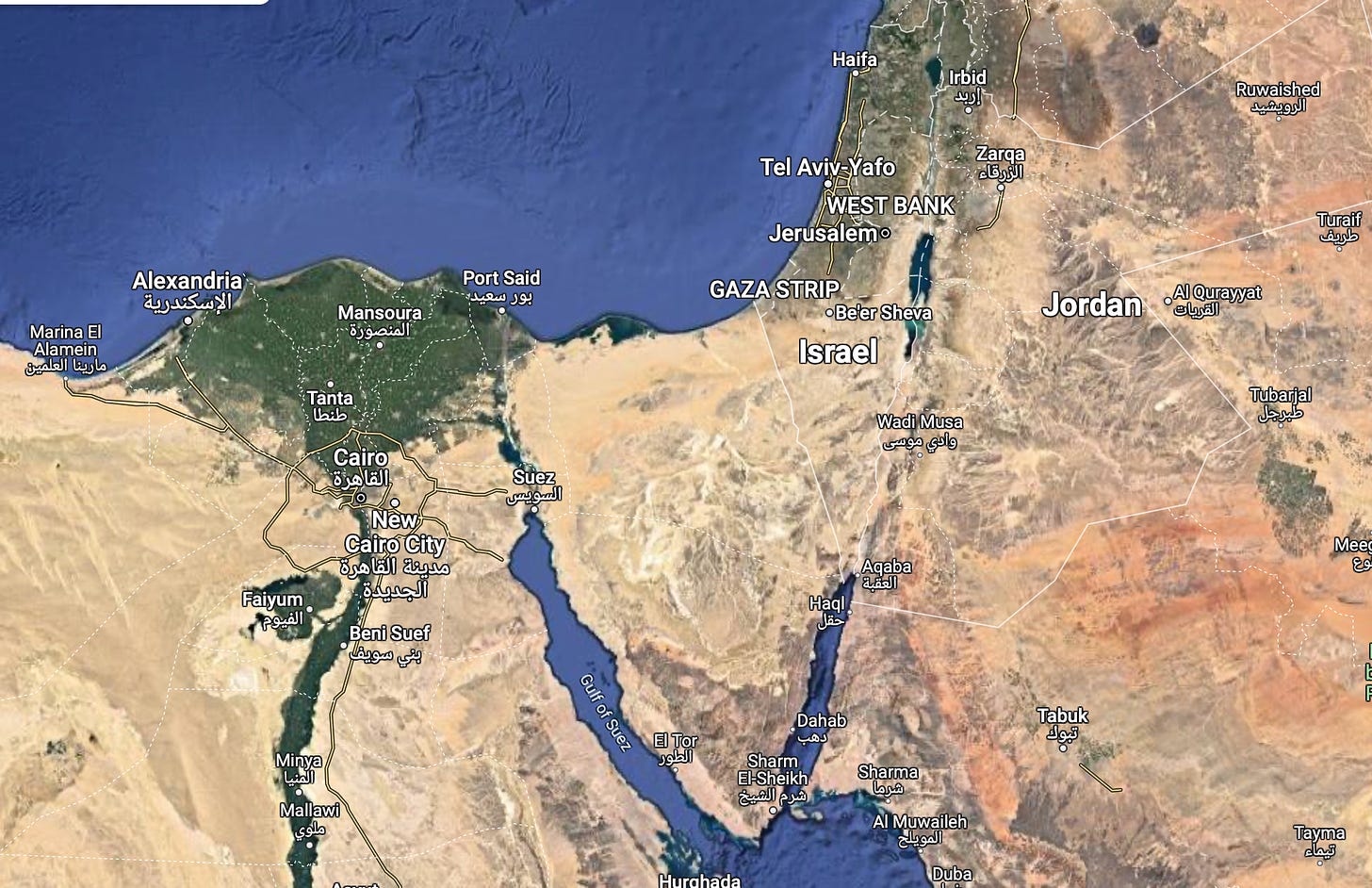

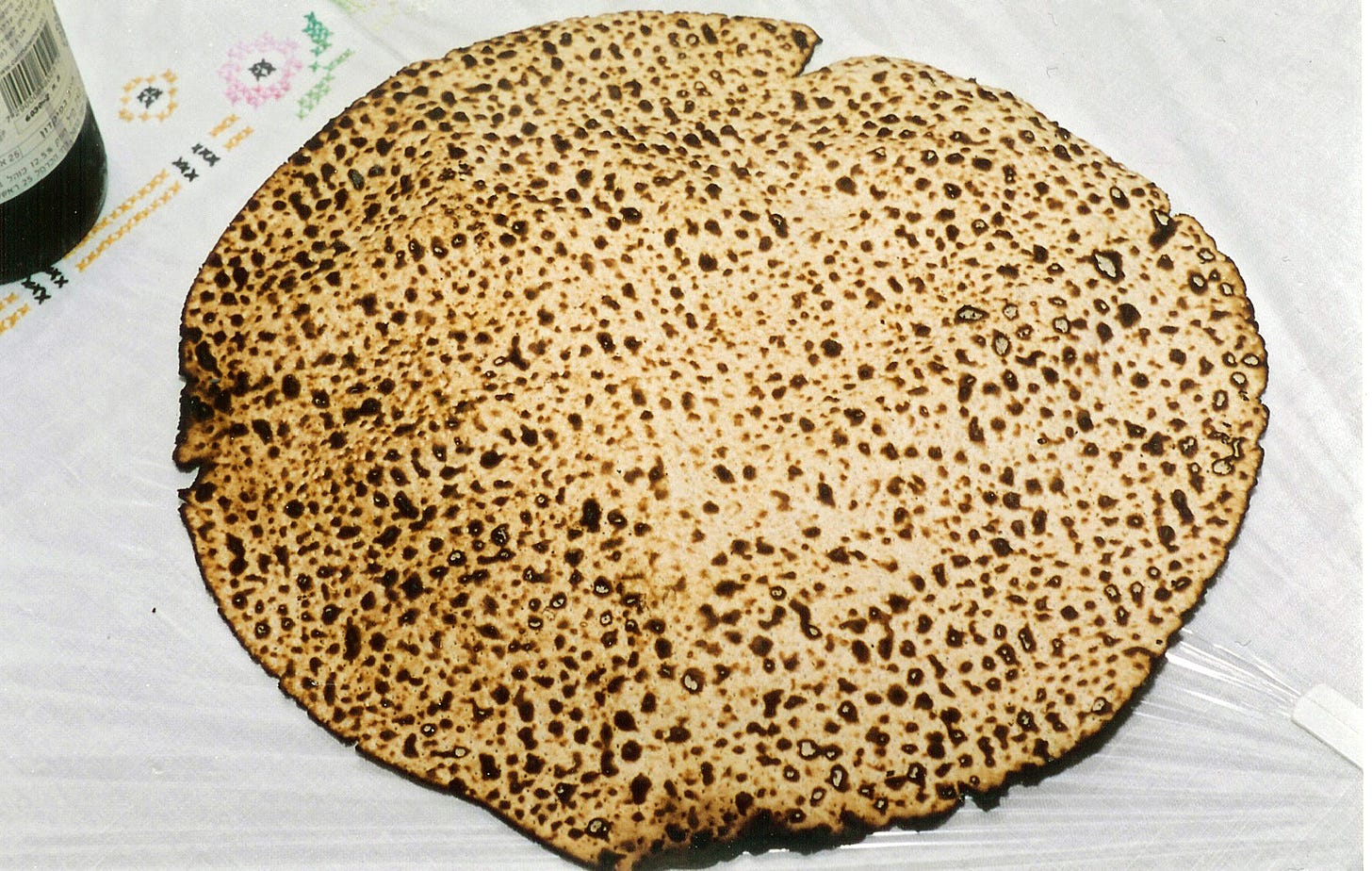
Oh this was beautiful. Bravo.
So very on target and meaningful. Thank you!